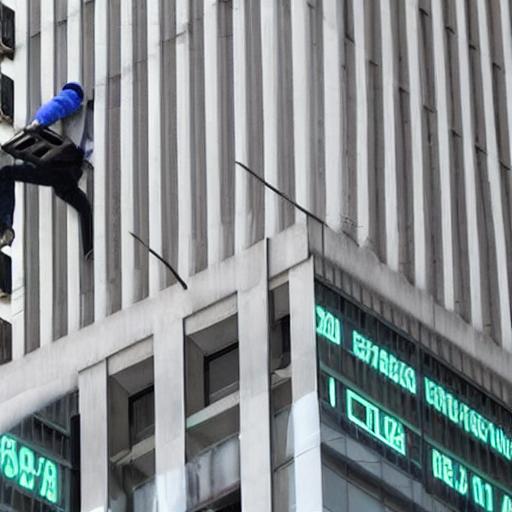Several voices in the cryptocurrency community have been discussing how difficult it is to find banks that will work with the high-risk crypto industry in the wake of this month’s catastrophic collapse of Silicon Valley Bank, one of America’s largest banks.
The U.S. government took control of a significant bank for the first time since the 2008 financial crisis when California regulators closed Silicon Valley Bank (SVB) on Friday. Additionally, the third-largest bank collapse in American history, Signature Bank, was shut down over the weekend by the U.S. government. The cryptocurrency-friendly Silvergate Bank also announced its closure last week. Many in the sector were concerned about where they would go next for their banking needs because both Signature and Silvergate Banks have a sizable number of customers in the crypto industry.
Notwithstanding the issues, cryptocurrency markets rose 15% on Monday in a definite display of optimism following Silvergate Bank’s collapse last week. Despite the traditional banking industry appearing to be in trouble, cryptocurrency markets fared so well that their market value rose back to heights above $1 trillion.
This happened despite the fact that occasionally people confused the SVB with the recently failed Silvergate Bank in the public.
The Federal Deposit Insurance Corporation (FDIC) said on Monday that it will establish a “bridge bank” to safeguard SVB customers, drawing the attention of the cryptocurrency sector. Given that the FDIC does not provide protection to users of crypto exchanges (normally, the FDIC guarantees all deposits up to $250,000 at a bank for individual customers), the collapse of crypto institutions did not provide comparable safeguards.
Customers’ insured and uninsured cash and assets have already been moved, according to the FDIC, so they won’t have to wait to access their money.
When the bridge bank, Silicon Valley Bank, N.A., opens and resumes regular business hours and activities, including online banking, depositors will have complete access to their funds as of this morning, the FDIC stated.
The FDIC further emphasised that taxpayers suffered no damages during the procedure.
The FDIC did note, however, that top SVB managers had been fired and that stockholders and some holders of unsecured debt had no protection.
According to Stefan Rust, the former CEO of Bitcoin.com, the US government has taken sufficient action to prevent a banking collapse for the time being.
According to federal call reports, the Treasury Department was aware in December 2022 that SVB could not repay all of its depositors in full due to its impaired investment portfolio. Despite this knowledge, the Treasury Department allowed SVB to continue operating and accepting more deposits from customers, William Quigley, co-founder of the most popular cryptocurrency in the world, Tether, told.
After Silicon Valley Bank allegedly ceased accepting cryptocurrency customers, certain crypto and fintech businesses that received funding from SVB have claimed they avoided another catastrophe altogether.
The demise of the crypto-friendly Californian bank Silvergate, which had a tight connection to the crypto business, came shortly after SVB’s collapse. As soon as word spread that Silvergate was shutting down operations this month, Coinbase, Gemini, Bitstamp, Circle, and Crypto.com all abandoned ship.
The almost-collapse of Silicon Valley Bank had a little effect on the already struggling cryptocurrency market, but Peter Thiel’s Founder’s Fund did request that Paxos, a stablecoin provider it finances, withdraw its funds from the troubled bank.
A subsidiary of HSBC UK also announced on March 13 that it would purchase Silicon Valley Bank in the UK for one pound, giving the troubled institution new ownership.
The British portion of the bankrupt bank had $8.1 billion of customer deposits, plus around $6.6 billion in loans.
Importantly, the ownership move enables British clients of the bank famous for funding the majority of Silicon Valley entrepreneurs to exhale with relief. Now, their deposits are entirely protected. According to Noel Quinn, CEO of HSBC Group, customers can continue to do business as normal while feeling confident that HSBC is protecting their deposits.
Most UK customers were also interested in technology and business.
Jeremy Hunt, a politician from Britain and chancellor of the exchequer, added that no “taxpayer support” from the country was given throughout the ownership change. He tweeted that they promised to take care of the tech sector, and they have worked urgently to keep that promise.








